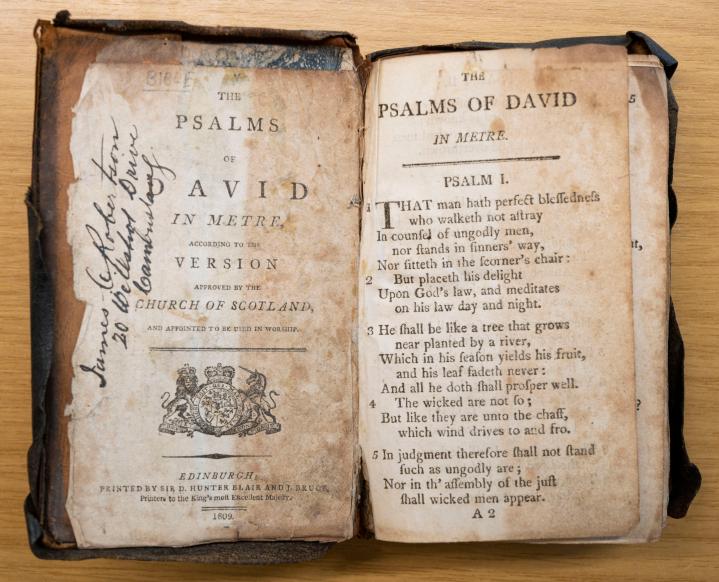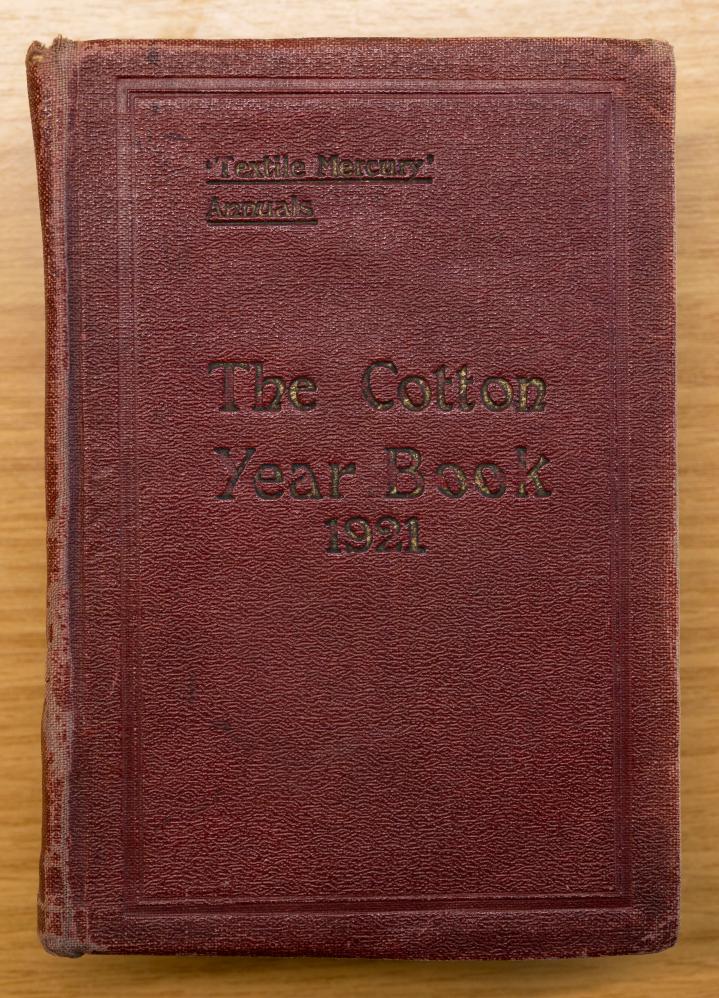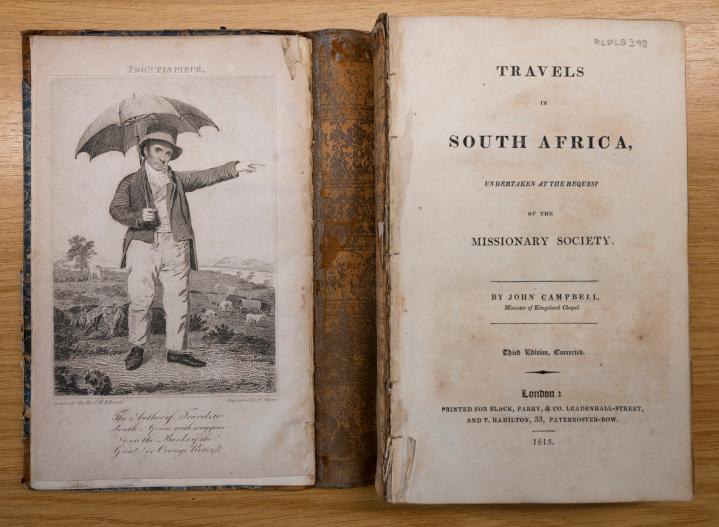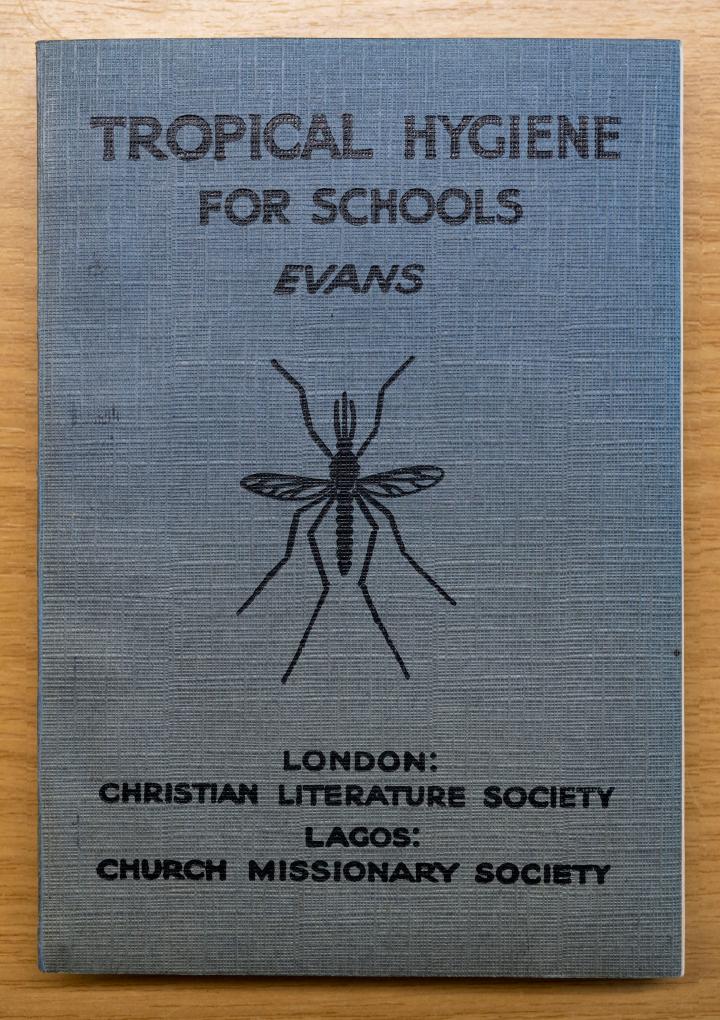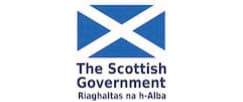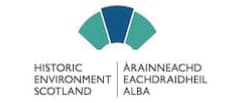Cataloguing the Reference Library
Kiepert’s Aequatorial Ost-Afrika, The Romance of Blantyre, and The Lands of Gazembe , are just some of the more interesting book titles that can be found within the reference library at David Livingstone Birthplace.
The library contains over 1000 books, covering a wide range of subjects including African culture, history and art; the life and legacy of David Livingstone, religious texts, and diaries and journals written by other explorers.. Books relating to the history of Blantyre and the town’s industrial heritage are also included.
As there were no previous records of the books within this collection, David Livingstone Birthplace volunteer, Alan, began the process of cataloguing and conserving these texts for future generations, listing all items within the collection onto the museum’s database. This project was a valuable opportunity to assess the overall condition of each book and to begin planning for the eventual digitisation of the collection. By collecting and then adding this data into a database, information about specific books could be easily accessed by museum staff. Although a very time-consuming and somewhat repetitive task to perform, this recording process allowed the Collections Manager and Curator to gain new knowledge and insight into exactly what the collection contained, meaning they could determine the overall condition of the collection and identify any additional conservation measures that would need to be implemented to safeguard the collection long-term.
Each book was thoroughly assessed to determine its current condition. Those deemed to be in need of specialist conservation treatment were wrapped in acid-free tissue paper to stabilise their condition and prevent further deterioration through light damage, pests, and dust and dirt accumulation.
“Travels in Africa” (shown right) written by the Reverend John Campbell was uncovered during this process. The book, which dates from 1815, details both of Campbell’s journeys into the interior of Africa; the first to the various mission stations in the Cape and Kaffaria regions in 1819; and the second 1820, when Campbell travelled to Griqualand, in the Transvaal region, and to other parts of South-West Africa. This book is quite significant, as it provides us with an insight of a missionary working in Africa, after David Livingstone, documenting his travels in Southern Africa, where he met the Scottish Congregationalist missionary Robert Moffat, his impressions of the people and cultures that he encountered, together with his thoughts and feelings on the spread of Christianity in the region. Sharing similar beliefs to Livingstone, Campbell also vehemently opposed the East African slave trade, which led to his involvement in the ‘Society for the Education of Africans’, an English abolitionist organisation that provided education of the sons of prominent Africans in the first decade of the nineteenth century.
However, this is not the oldest book with the reference collection, as a bible printed for the Church of Scotland (shown right) was also discovered during this project, which dates from 1805. Although in very poor condition, this bible is valuable for demonstrating the Church of Scotland’s desire to bring “unchurched” workers into the confines of organised religion, during a time where Scotland was undergoing a period of rapid population expansion, with many people flooding into major urban centres from rural and highland areas in the hope of finding work. It is possible that this bible was once distributed to one of the workers at the Blantyre Mills and, after passing through many different hands, it has found its way into the reference collection.
The process of cataloguing the museum’s entire reference collection in still ongoing, but will provide David Livingstone Birthplace with accurate and highly detailed records of every book within their reference collection. In the future, David Livingstone Birthplace hopes to open the reference library to the public, meaning that the books, and other resources within the collection, will be made available for general reading and research purposes.
